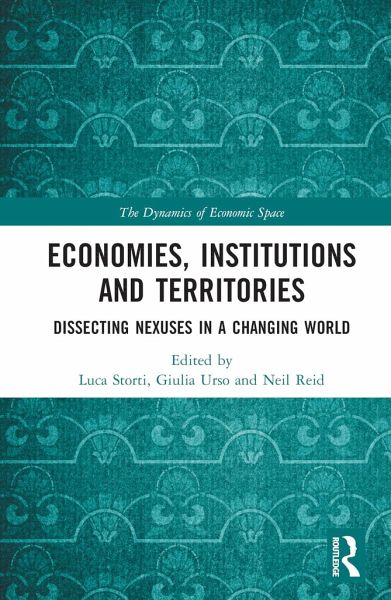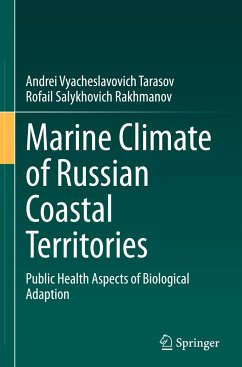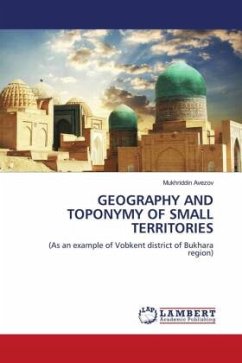
Economies, Institutions and Territories
Dissecting Nexuses in a Changing World
Herausgeber: Storti, Luca; Reid, Neil; Urso, Giulia
Versandkostenfrei!
Versandfertig in 1-2 Wochen
168,99 €
inkl. MwSt.
Weitere Ausgaben:

PAYBACK Punkte
84 °P sammeln!
Presenting multidisciplinary and global insights, this book explores the nexus between economies, institutions, and territories and how global phenomena have local consequences.














